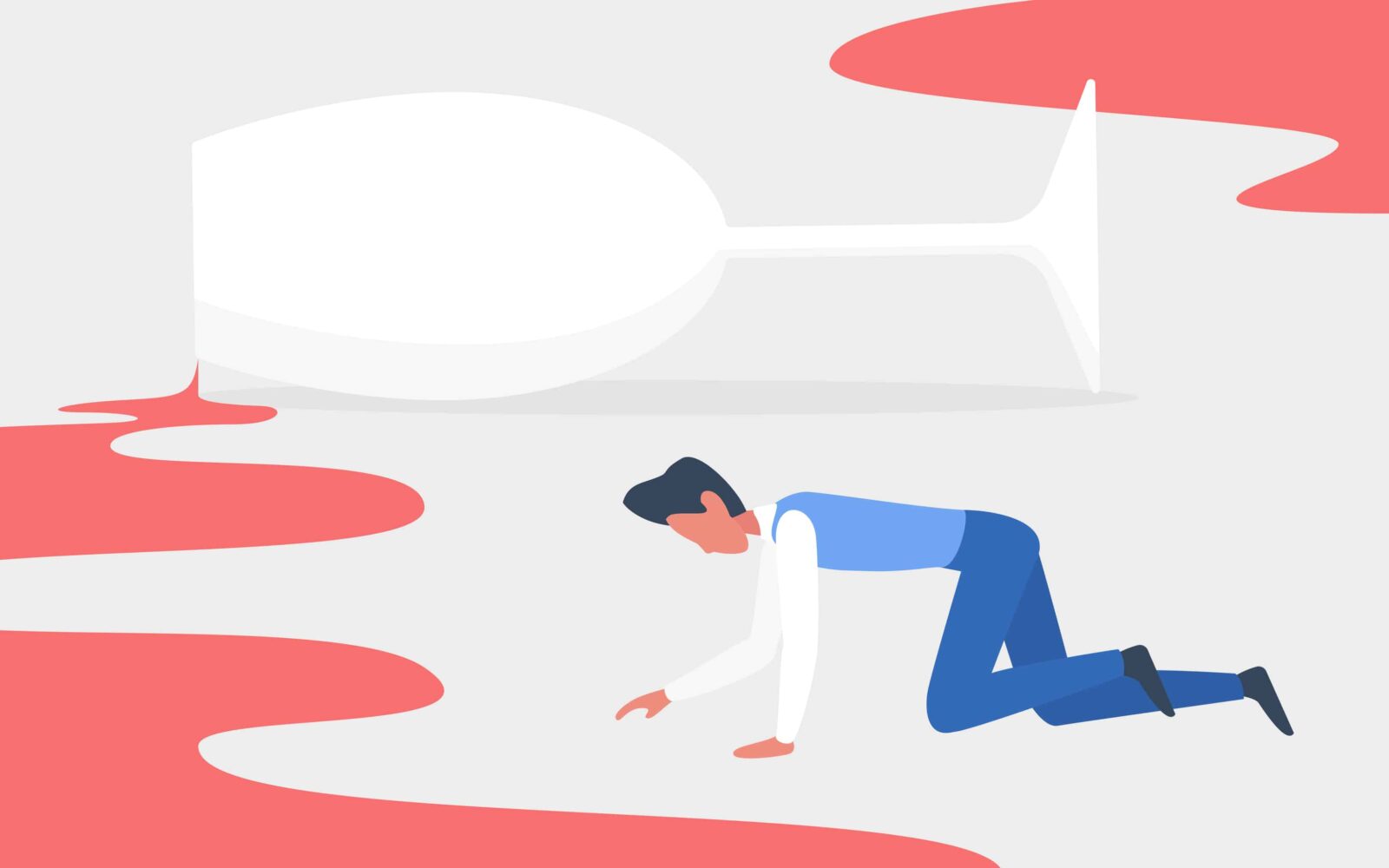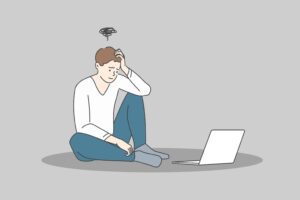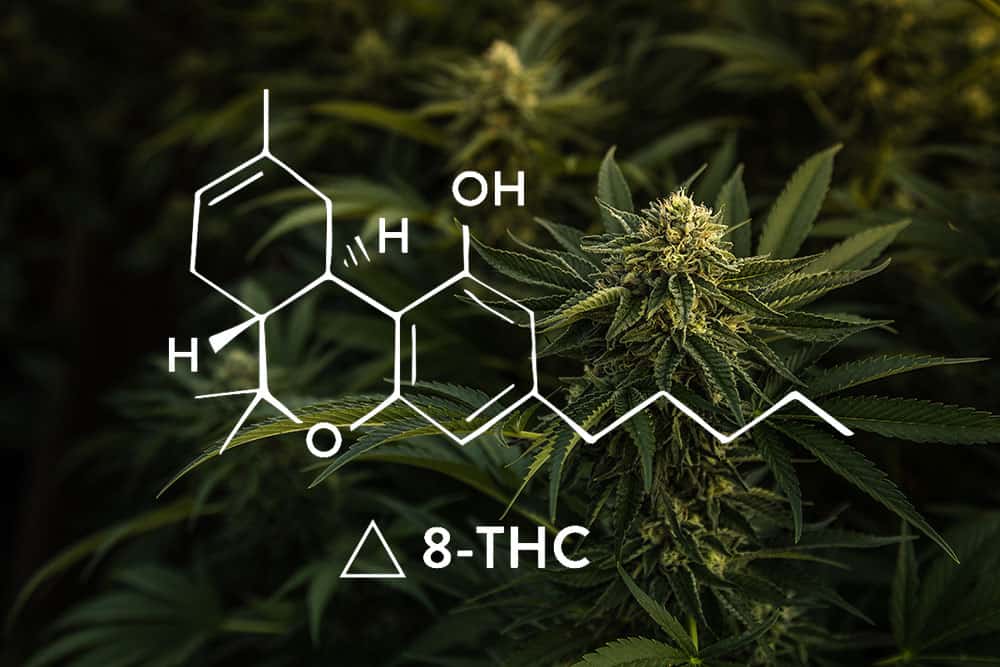Table of Contents
- You have a higher tolerance to the substance than you used to
- You use substances to cope with stress or anxiety
- You are no longer interested in the things you used to enjoy
- Your health, both physical and mental, is declining
- You are noticing distinct mood changes
- Your withdrawal symptoms make you want to use again
- Your performance is suffering
- Your relationships are negatively impacted
- You are dishonest about your use
- You’ve tried to stop on your own, but can’t
Substance abuse is one of the leading health issues in the United States. 107,622 people died from drug overdoses in 2021, with the majority of those deaths caused by opioids in some form.
Half the population reports having used illicit drugs at some point and 28.3 million adults had Alcohol Use Disorder in 2020.
Luckily, addiction treatment options continue to improve, and many treatment facilities accept insurance, making them accessible to a larger population.
How do you know if you need addiction treatment? What are some of the signs that your substance use has gotten out of hand and it’s time to seek help? See if anything from the list applies to you:
1. You Have a Higher Tolerance to the Substance
Experimental drug use is common and it’s where people start. At first, you use small doses and only use drugs occasionally.
When you start to use more regularly and notice that you need to take a higher dose or use more frequently to feel the same effect, then your body’s tolerance to the drug has increased. This is a standard indicator of substance abuse and addiction.
Developing a tolerance to a “soft” drug like marijuana can often lead you to seek out more powerful drugs. Increased dosage also enhances the risk of serious health problems, including overdose and long-term brain damage, especially in teens and young adults.
If you notice that your tolerance for any drug, or alcohol, has increased, seek treatment immediately.
2. You Use Substances to Cope with Stress or Anxiety
A Coping mechanism is something that helps a person deal with a situation or emotion that is difficult for them.
Even though coping mechanisms provide the person using them with a real or perceived benefit, some coping mechanisms have more negative consequences associated with them. Unfortunately, not all coping mechanisms are created equal.
Substance use is a coping mechanism where the temporary, perceived benefits are often outweighed by the long-term negative effects on health and relationships, poor decision-making under the influence, as well as increased dependency.
With a lack of healthy coping mechanisms, anxiety, depression, and other mental health disorders are not uncommon. The good news is there are healthy ways to manage stress and anxiety, like exercise, meditation, setting healthy boundaries, and asking for support.
3. You Are No Longer Interested in the Things You Used to Enjoy
Substance and alcohol use activate the “reward” center of your brain, mimicking the effects of dopamine, a “feel good” chemical usually released when you are doing an activity that you enjoy.
Dopamine is often blamed for drug and alcohol addiction because your brain starts to crave the idea of feeling good. The issue is that the passions you used to have, no longer have the same pleasurable effect.
Losing interest in your hobbies, passions, and activities can be very difficult to deal with. You may ask yourself, “Why am I losing interest in the things I used to enjoy?” This feeling can often be a core symptom of major depressive disorder and can arise as a symptom of other mental health struggles, as well.
The important thing to remember is that you are not alone, and treatment is available to get you back to feeling like yourself again.
4. Your Physical and Mental Health is Declining
Drugs, when consumed regularly, take a toll on your body and mind. Physically, different substances have different effects; alcohol causes damage to the brain, heart, nerves, and muscles. Many drugs cause severe weight loss and malnourishment.
Cocaine abuse can lead to chest pain, feeling like a heart attack, as well as an increased risk of seizures. If your health is deteriorating with consistent substance use, seek treatment. Mental health issues often go hand in hand with substance use.
Many people who struggle with mental health disorders will turn to substances as a coping mechanism. Substance use has a damaging effect on your brain, especially while it is developing which continues until your mid-20s.
Using substances to cope with anxiety or depression, for example, causes a downward spiral because the drugs deplete your ability to feel good without them. If you are struggling with substance use and a co-occurring mental health disorder, look for a program that specializes in tackling both of these concerns together.
5. You Experience Distinct Mood Changes
A Mood swing is a sudden and extreme change in a person’s mood. This can be caused by a number of factors, or even nothing at all. When mood swings become a common occurrance, there is generally an underlying reason, either a mental health or substance use issue, and sometimes both.
Substance use can cause mood swings because the substances create a chemical changes to the brain’s “reward system.” This causes someone with an addiction to continually seek that emotional “high.”
While they are active, certain drugs will effect a person’s mood and “coming off” of the substance can also cause major changes in someone’s mood. These mood swings
6. Your Withdrawal Symptoms Make You Want to Use Again
Many substances like alcohol, cocaine, and opioids (like heroin and prescription painkillers) are highly addictive. Over time, your brain and body will crave the substance, and you feel powerful physical effects if you abstain from using.
These are withdrawal effects and can range from a headache produced by caffeine withdrawal to intense pain and vomiting from heroin withdrawal.
It is natural to want to avoid such unpleasant symptoms and continue to use your drug of choice, but withdrawal symptoms are also a clear sign of an addiction that you need support to get over.
Withdrawal symptoms can last for days or weeks and be mentally and physically excruciating, making proper medical care and emotional support imperative to getting sober.
7. Your Performance is Suffering
Have you started prioritizing drug use over your homework or job responsibilities? Do you find yourself shrugging off the things you were supposed to do to get high? Have you stopped doing the sports and hobbies that you used to love?
Answering yes to any of these questions means that your substance use has become unhealthy. Making any significant change in your life is challenging, and addiction is particularly hard to deal with alone.
There are many great programs and support networks out there to help you make lasting changes.
8. Your Important Relationships are Negatively Impacted
When your social life begins to revolve more around drugs and people who deal and use them, you have probably started to neglect relationships that used to matter. Some people also become increasingly isolated with continued substance abuse.
If you spend less time with your family and long-term friends, they will also have a hard time supporting you through challenges. Old friends and relatives may have pulled back from you after being hurt by your actions one too many times.
That is where quality addiction treatment programs can help. People in our program can build meaningful relationships with their peers in recovery. We also work hard to strengthen the family connection, so that your siblings and parents can be there for you in a supportive and connected way in the future.
9. You Are Dishonest about Your Substance Use
If you notice that you are lying to friends and family about how much you use substances, it indicates that you feel shame about your substance use. You may even notice that you are lying to yourself and making excuses.
Whatever the case, if you are hiding something about your drug use, you are probably slipping into addiction, and the sooner you seek professional treatment, the better.
Many people report a great feeling of relief when they accept help and take full responsibility for their drug addiction. Being honest about drug use is also an excellent way to dissolve any shame that resides around your potential addiction.
10. You’ve Tried to Stop on Your Own, But Can’t
Finally, if you have already made up your mind that you want to get sober or dramatically cut back on your drug use, but were not successful, it’s time to seek help. There is nothing wrong with not being able to make a change of this magnitude on your own.
In fact, many behavioral studies have found that people struggle to make any change in their life alone and are much more likely to succeed with others holding them accountable.
Good treatment programs use this understanding of human behavior to help you make the changes you want in your life and set you up for long-term success.
Addiction Treatment Programs for Teens and Young Adults
If you or a family member can relate to any of the above telltale signs of addiction, you have the opportunity to begin dealing with your addiction today. Sandstone care has rehab treatment centers, and alcohol & drug rehab programs in Colorado, Maryland, Virginia, and Illinois.
Sandstone Care has an experienced team ready to support you in getting sober and dealing with any underlying mental health issues that could lead to relapse. We offer a continuum of care for teens and young adults. Spend time on our website or Call us today for a confidential consultation.
About the Author: At Sandstone Care, we help teens, young adults, and their families overcome challenges with substance use, addiction, and mental health conditions. We want to provide the motivation, tools, steps, and community that will produce lasting outcomes.
We’ve designed our continuum of recovery programs to meet the unique needs of teens and young adults struggling with addictions to drugs, alcohol, and underlying mental health concerns such as anxiety, depression, trauma, and bipolar disorders.
Sandstone Care is here to support teens and young adults with substance use disorders and mental health issues. If you need help – Call (888) 850-1890.

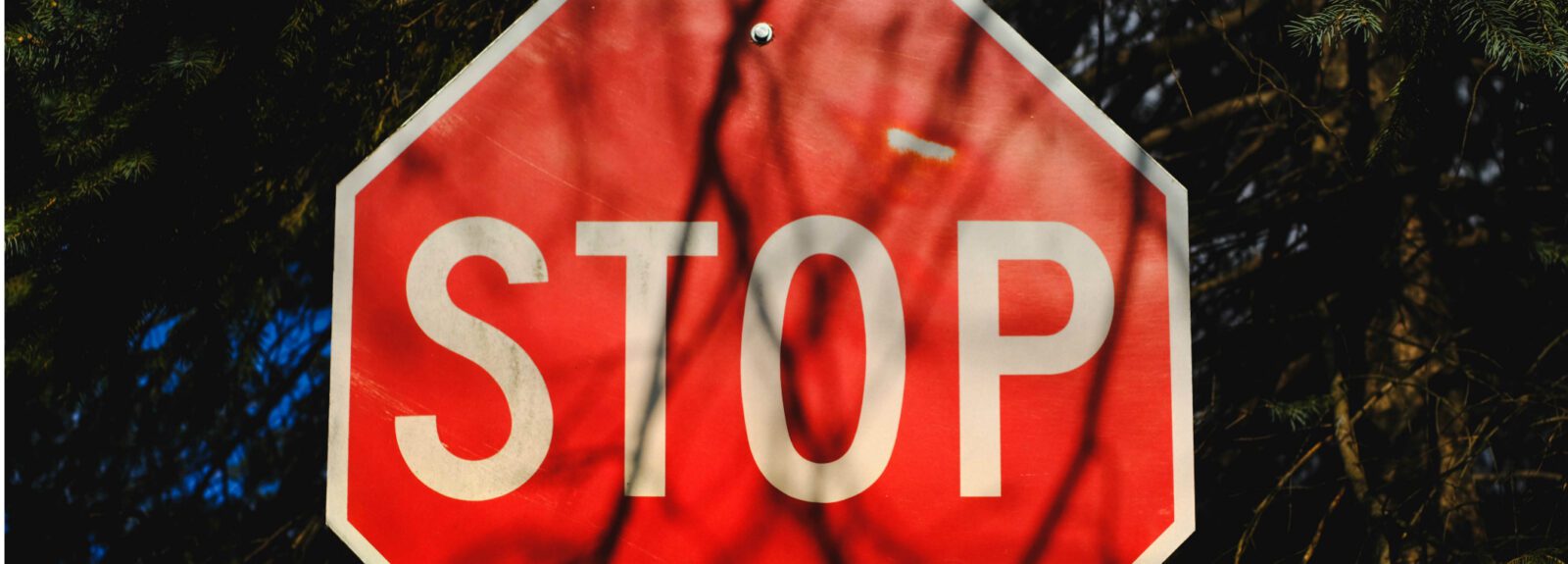
![10 Telltale Signs You Need Addiction Treatment [And How to Find Help]](https://www.sandstonecare.com/wp-content/uploads/2021/08/What-Can-Depression-Be-Confused-With-768x384.png)
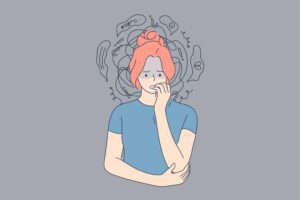
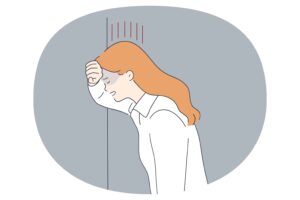
![10 Telltale Signs You Need Addiction Treatment [And How to Find Help]](https://www.sandstonecare.com/wp-content/uploads/2022/07/8-4-300x200.jpg)
